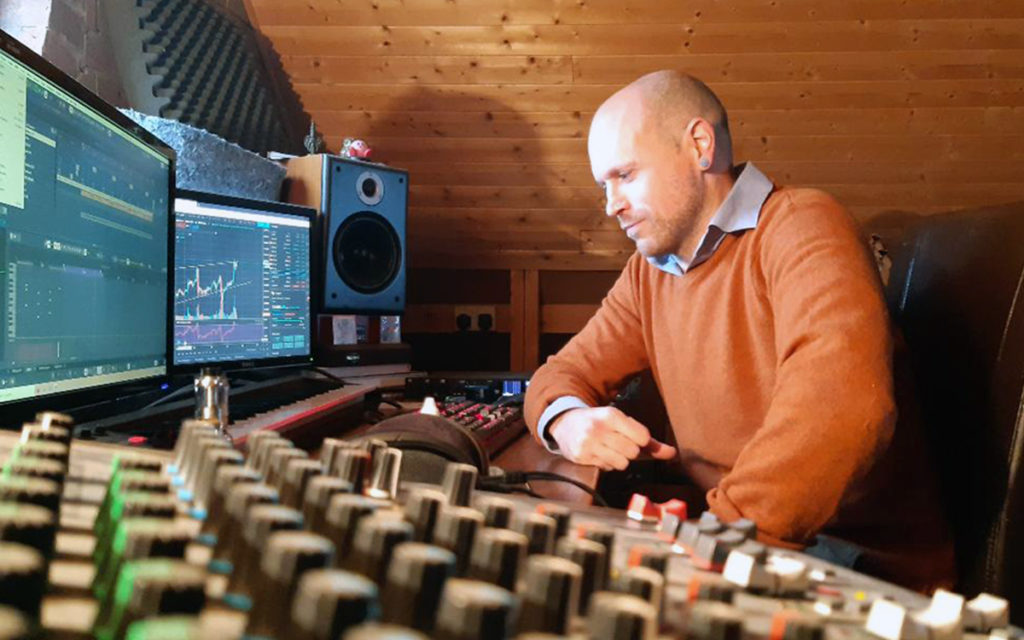Robin Harwood
The complicated music decreases one’s audience?
Robin is the sound engineer who is mastering some of the most extravagant producers of contemporary post IDM electronic music: Rolando Simmons, Beatwife, Caramel Chameleon, Xoop and Useless Idea, are just a small part of the portfolio of artists for whom Robin has sculpted the sound, but where does his reliability come from? What are his passions and secrets? Let’s find out together by reading this article.
Photographs by: Robin Harwood and Cesare Bignotti.
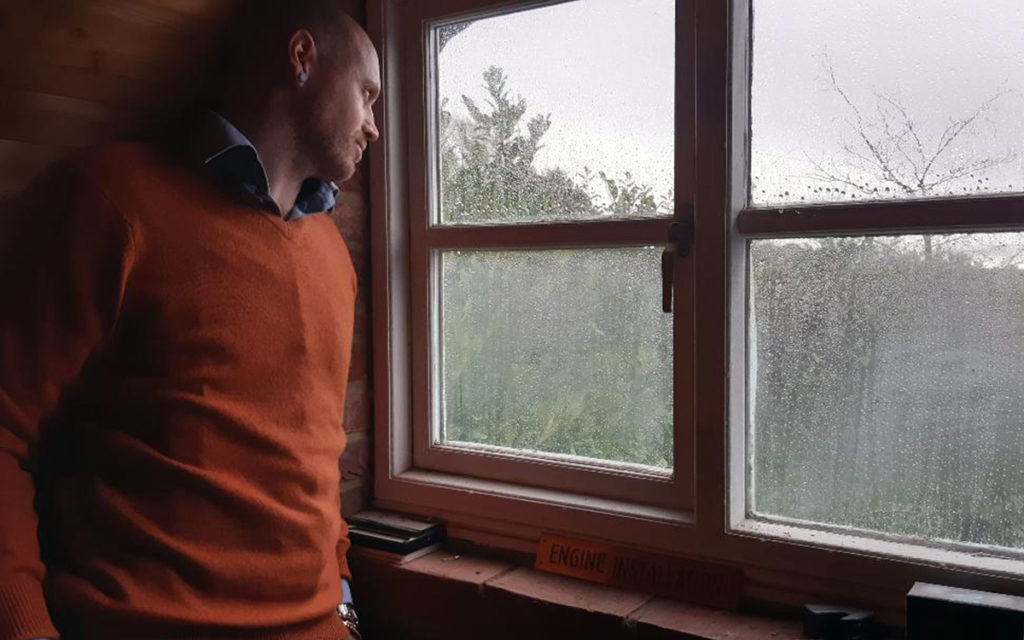
How did you approach this profession? As the music that I was required to produce became less and less musically complex (gradually recognising that writing self indulgent/complicated music decreases one’s audience)… I started searching for other areas to send my brain. This led to an intense interest in all things engineering-related – how to reap the most power from individual sounds. This eventually progressed into mastering.
Your portfolio shows a variety of collaborations with artists of different genres. What’s your approach when working with an artist’s music?
I won’t pretend that I have a nuanced approach to each project – my angle is always the same! I wish to extract the most emotional impact from anything that I’m working on. This could be any genre – I wish to augment every possible sense of beauty, depth and power from the artist’s work.
How do you work on a disc and how do you try to understand the artist’s needs and what do you add to mastering a Record? I like to remain in as much contact with the artist/s as possible. So long as they don’t mind being bombarded with ideas and test files – our relationship tends to work well. I like to describe my mastering techniques as ‘creative mastering’, in that – although I compare the artist to a sculptor, and I am simply lighting their sculpture in a certain way – I am often performing dramatic, transformative steps to do so. Sometimes an artist will let me do as I wish and is excited to have the final part of the creative process gently taken from their hands… others will initially agree and then recoil at the more dramatic changes. In the latter situation, great communication is required to wrestle concepts from their brain into audible reality. It is a meeting of minds. I appreciate the challenges at every step – I really enjoy problem solving.
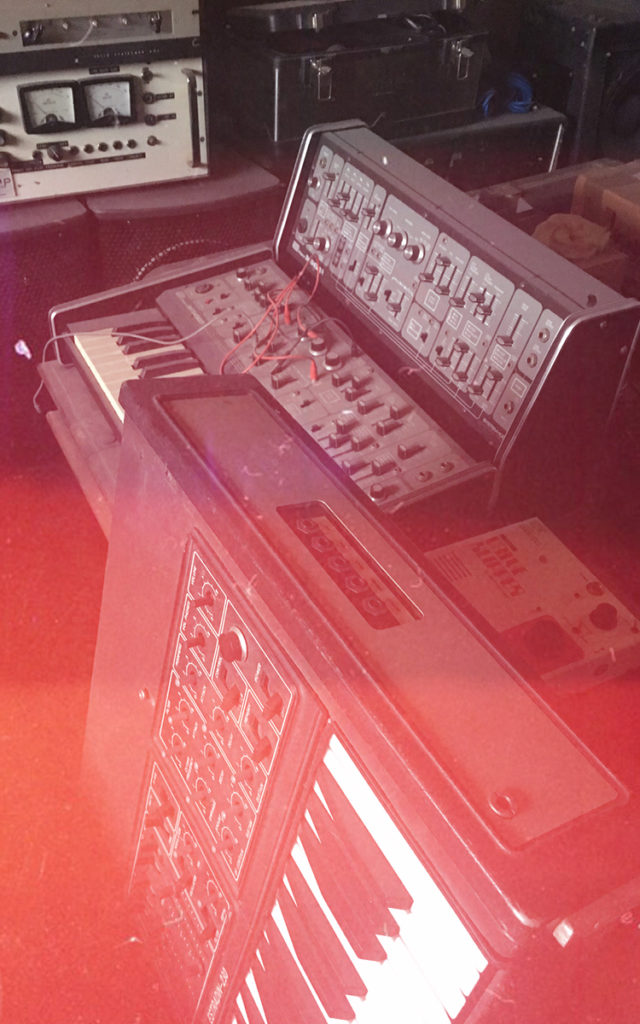
Is there a particular program and / or equipment that has been or is dominant in your work, something you cannot do without?
My processes are entirely ‘in the box’. I have capable and ‘desirable’ rack gear (beautiful EQs, 1176 and LA3A compressors, niche units like the SDD-320, Lexicon Model 200 etc), but these were bought with the intention of using them during production only. Despite my processes often being strongly metamorphic, I have long settled upon a strange rule of working – my master must be able to be played in tandem with the file that I receive without phase changes. This means the use of linear filtering and the inability to perform clinical EQ changes (otherwise pre-ringing would be evident). Most other mastering engineers would see this principle as bizarre or perhaps pointless – but we all have our idiosyncrasies! I am fond of the idea of preserving something from the original – so the original track is always contained within the final master. The changes that comprise my master file are like a coat of armour that the original track wears. If the artist wishes to hear my enhancements in isolation, they can do so by phase reversing the pre-master, and playing that in tandem with the master! To answer your fundamental question – I use very simple plugins in a very complex fashion – EQ, gates, compressors/expanders and transient processing.
What will be, in your opinion, a possible next evolution of the role of your work?
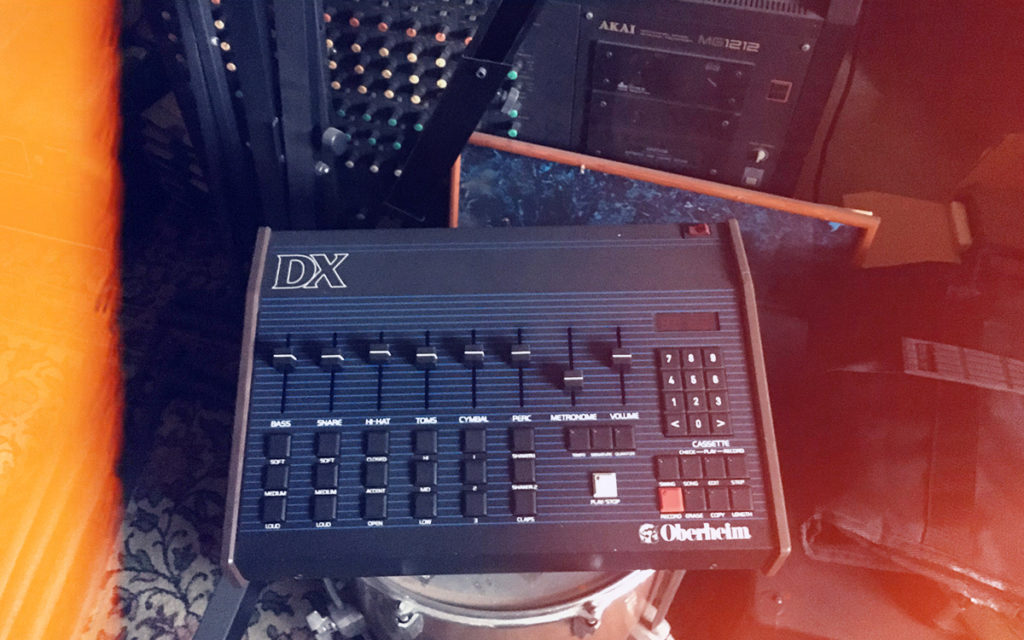
As silly as it sounds – I have thought of a new method/format of recording and storing music. Something that would require different hardware along every step of the way, from the analogue to digital converters, all the way to the speakers that would reproduce this novel music. I am friends with one of the gentlemen involved with inventing the original codecs for digital music and I will approach him at some point soon. Beyond this, my stereo enhancement technique could theoretically be turned into a plugin. It is, as far as I know, a novel use of the Haas effect, used to enhance purely the sides of my masters.
Your personal Discogs page shows a lot of work in electronic music, but we know that you listen to a lot of rock and extreme metal music, what are you interested in these musical genres?
I have always been strongly drawn to any music that has emotional power. It doesn’t matter what emotion that is, be it anything from melancholic classical music to carnal funk – it has to envelop you. Heavy metal was the easiest route into finding powerful music… which eventually got surpassed in timbral complexity when I discovered heavy electronic music! Some people like to listen to music in the background as they go about their day – I really cannot understand this idea at all. I wish to be absolutely floored by whatever I’m listening to. Bizarrely, I often feel that deeply emotional films are contrived/insincere… whereas I demand strongly emotional music or I lose interest.
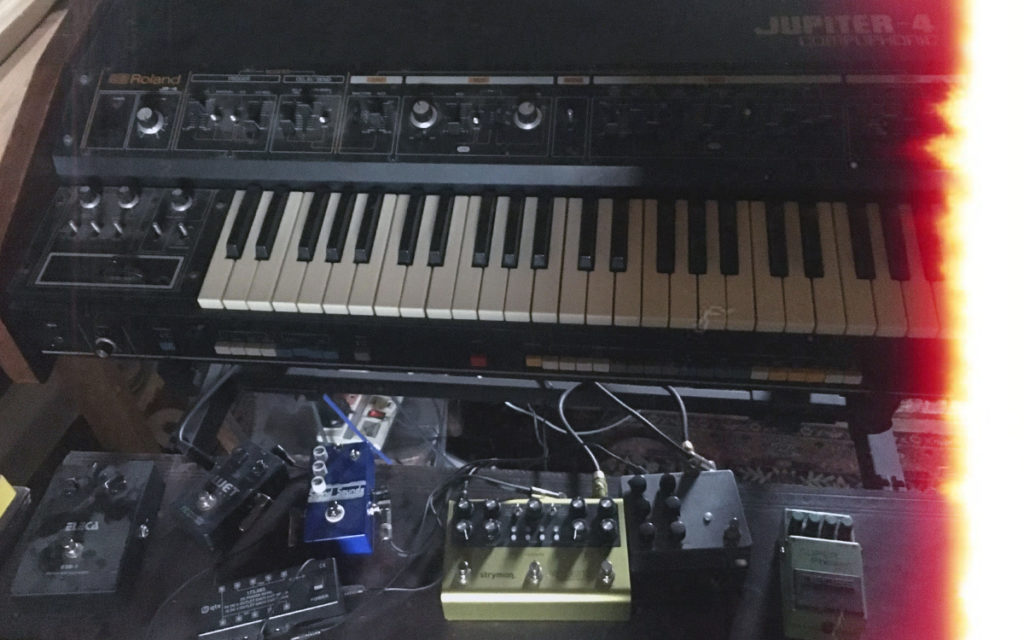
It is an interesting thing to see that you listen to various music, genres that are distant from each other, it is difficult to find people with a musical interest like yours, your sound engineer profile on Discogs, exclusively shows electronic music works, why? Is it a choice or are you not interested in working with bands and other musical genres?
My mastering has been purely through word of mouth, so the artists that I tend to work with mostly fall under the avant-garde or IDM type umbrella. This suits me fine. Every new project is an opportunity to learn, and despite other genres offering a potential greater accrual of skills – I really am open to anything… so long as it isn’t background music! As it happens, I’ve found many people who listened to heavy metal in their youth that are drawn to complex electronic music later on.
We know that you collaborate on several music projects: Brown & Gammon is one of those that appears on Discogs, can you tell us more about your projects? Speaking of collaborations, tell us about your collaboration with LoveLove Records.
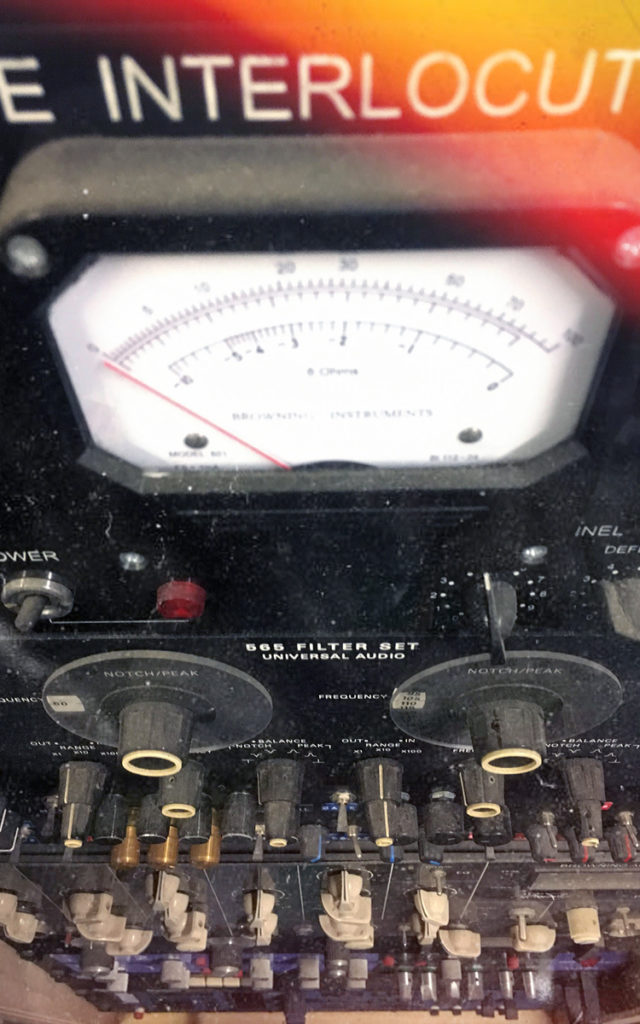
I was introduced to my musical partner William, many years ago through mutual friends. We were introduced like this, “you both create weird music – try creating some together”. Our relationship is one giant interwoven creative argument. He has slowly moulded me into the more critical creator that I am today – I cherish him beyond words… yet to the outside observer, we are at each other’s throats all the time! ‘Brown and Gammon’ was originally his project alone, before I joined him. My presence gradually transformed our music into 80s house, then our label suggested we change our name. We are now ‘Outrun’, the name that we had always used together from over a decade before. We are working on material now… but keep changing musical direction. If I were to create music alone, it would be quite sparse, with predominantly hardware-produced sounds. I would seek to create some sleazy, slow, heavy funk with ethereal arpeggiated parts that drift off into dense reverb. I’m not sure who would like to listen to it… but that doesn’t really matter to me! As for LoveLove Records, I met one of the head honchos – Fez – at a party and we instantly bonded. He’d randomly heard some of our tracks on the internet before William and I were even signed. I instantly loved the infectious, unique LoveLove ethos and through working on some tracks for them, my mastering seemed to click with their spirit. My mastering work was born in tandem with my work for them in fact.
One of your latest collaboration was with “Xoop” and “Useless Idea”, how was the collaboration born and what was it like working with them? What do you think of their music? We know it was a very long job, tell us about the working method you used in the respective records.
I was contacted by them and instantly fell in love with their two albums. Despite the language barrier – I was able to intimate the emotional journey I experienced through listening to these pieces of music as a whole. I loved the way that some of the more simplistic tracks lightened the mood, as though you’re treading water… before the more cerebral tracks drag you into another world. Both albums felt like a monolithic, yet multifaceted listener experience. I won’t sugarcoat it – working on these two albums for these two fine gentlemen was the most difficult musical project that I have ever done.
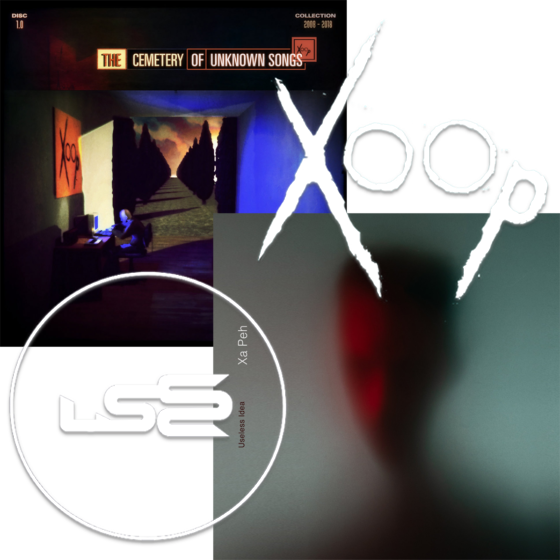
My usual method of blasting off multiple test tracks, combined with their respective firm creative visions created a nightmare situation. They each were able to find nuances in each bounce that they wished to preserve. This led to many attempts at trying to capture all of these components into one result. Files were lost, problems (often caused by compiled ancient recordings) were identified after we had neared completion. It took a very long time and it was fraught with emotion… but the payoff for me was akin to a religious experience! I have no regrets – I grew as a person due to it. I’m not exaggerating – a huge, daunting burden (of largely my own creation!) was hung about my shoulders… only intense communication, experimentation and patience could summon the solution.
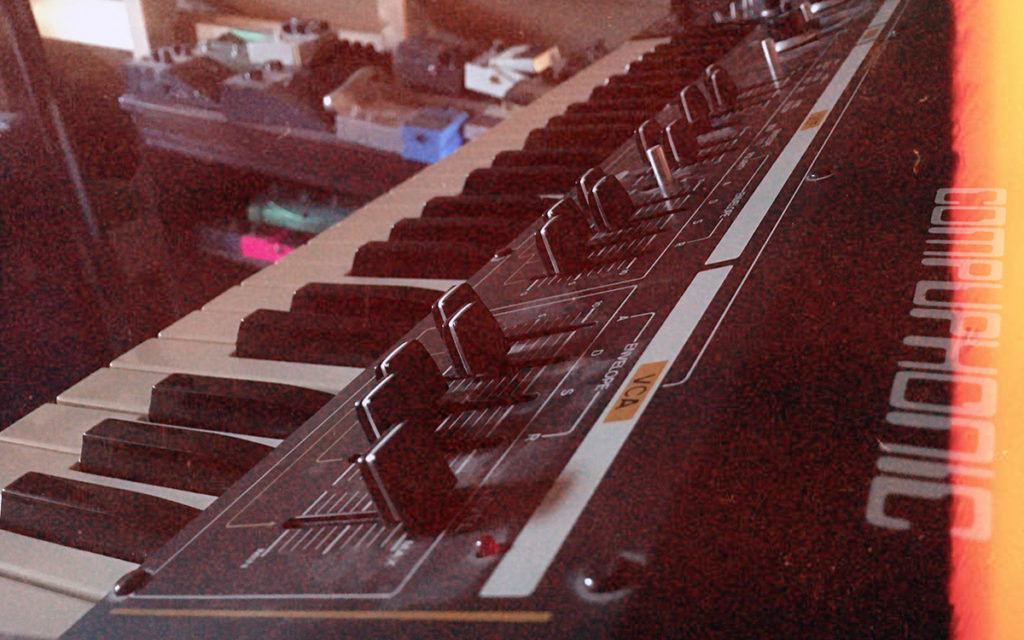
In the 90s music had a huge success both in terms of copies sold and interest in new sounds, this was evident in all genres, experimenting was not scary, after the 2000s the market and the scene experienced a critical moment due to the internet, both in terms of sales and creatively, what are your thoughts on this? What will the future of music be, will there still be room for creativity and experimentation?
It’s a cyclic phenomenon. Palpable ‘success’ leads to replication – trends get all too readily absorbed into the minds of artists. As a consequence, the internet is awash with very similar timbres and structures. I’m buoyed by the idea that so many people have powerful production tools at their fingertips to experiment with – the barrier to entry is obliterated… but this is a Catch-22 situation, when you have to filter out so much mundane copycat music! I am always in search of novel music that matches my sensibilities, and feel very lucky to have worked with the unusual artists that I have so far. There are some talents out there, forging their own path, that ‘should’ be elevated beyond their current situations… but that would require a consciousness change in the masses. Modern music should be less of a disposable consumer product, and be cherished as emotional milestones in people’s lives.
What are your future projects? do you have any new collaboration? My mastering work appears sporadically, as I don’t encourage it in any way. If an artist produces something that moves me, I love to work on it!
